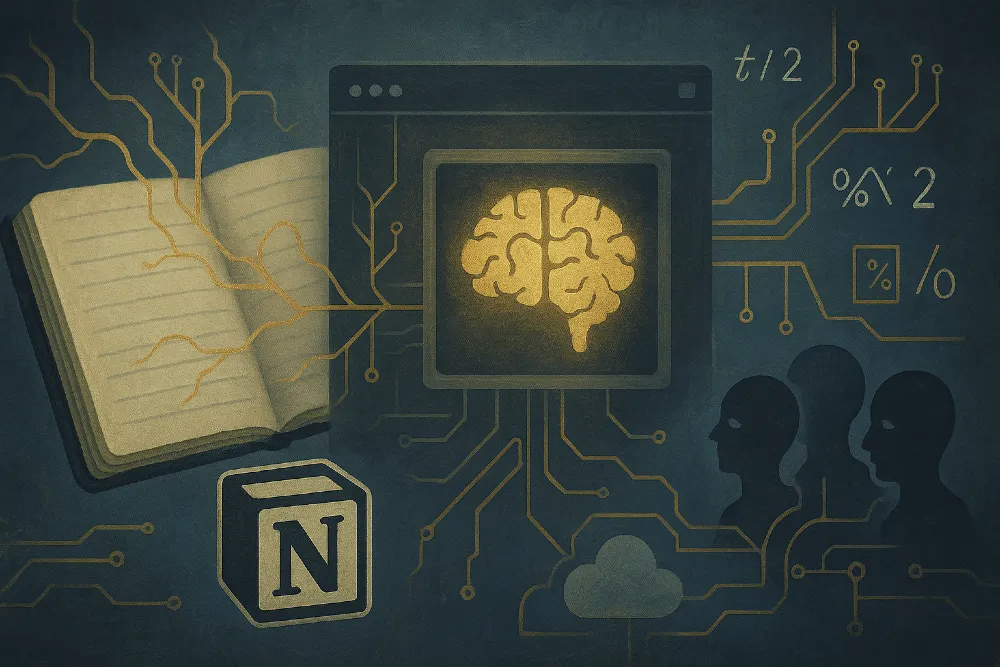Funding
Notion's AI Gamble Pays Off: From Note-Taking App to Digital Brain
Discover how Notion's bold AI initiative shifted its identity from a basic note-taking app to a digital brain, revolutionizing modern productivity.
Talk about a productive week off. The gamble worked. Within weeks, two million people jumped on the waitlist for Notion AI. Users now save over 70 minutes weekly through automated summaries and content generation. The company has morphed from a simple note-taking app into what co-founder Akshay Kothari calls their users' "second brain."
But this isn't your typical Silicon Valley AI publicity stunt. Notion rebuilt their entire platform around OpenAI's technology, integrating GPT-4 and other models into every corner of the workspace. The result? A system that doesn't just store information – it helps you use it.
The transformation runs deep. Notion's engineering team can now evaluate new AI models in half a day. Their Q&A feature lets users interrogate their entire workspace like a knowledgeable colleague. Response times have dropped from minutes to milliseconds.
The numbers tell a compelling story. Two-thirds of AI feature adopters become more active users. A whopping 86% would be "very disappointed" if the AI features vanished. Translation: they've become essential tools, not just fancy add-ons.
The partnership between Notion and OpenAI has evolved beyond a simple vendor relationship. They've shaped each other's development, with Notion's real-world feedback influencing OpenAI's technical roadmap. It's less David and Goliath, more Rogers and Hammerstein – if they wrote code instead of musicals.
The future looks ambitious. Notion aims to transform their AI from a writing assistant into something closer to a chief of staff – a digital partner that helps users "operate at the top of their game." Given their track record, they might just pull it off.
Why this matters:
- A rare tech success story where "adding AI" actually worked: Notion proved that deep integration, not superficial features, makes the difference
- The 70-minute weekly time savings shows AI can deliver real productivity gains – when companies take the time to build it right
Read on, my dear:








